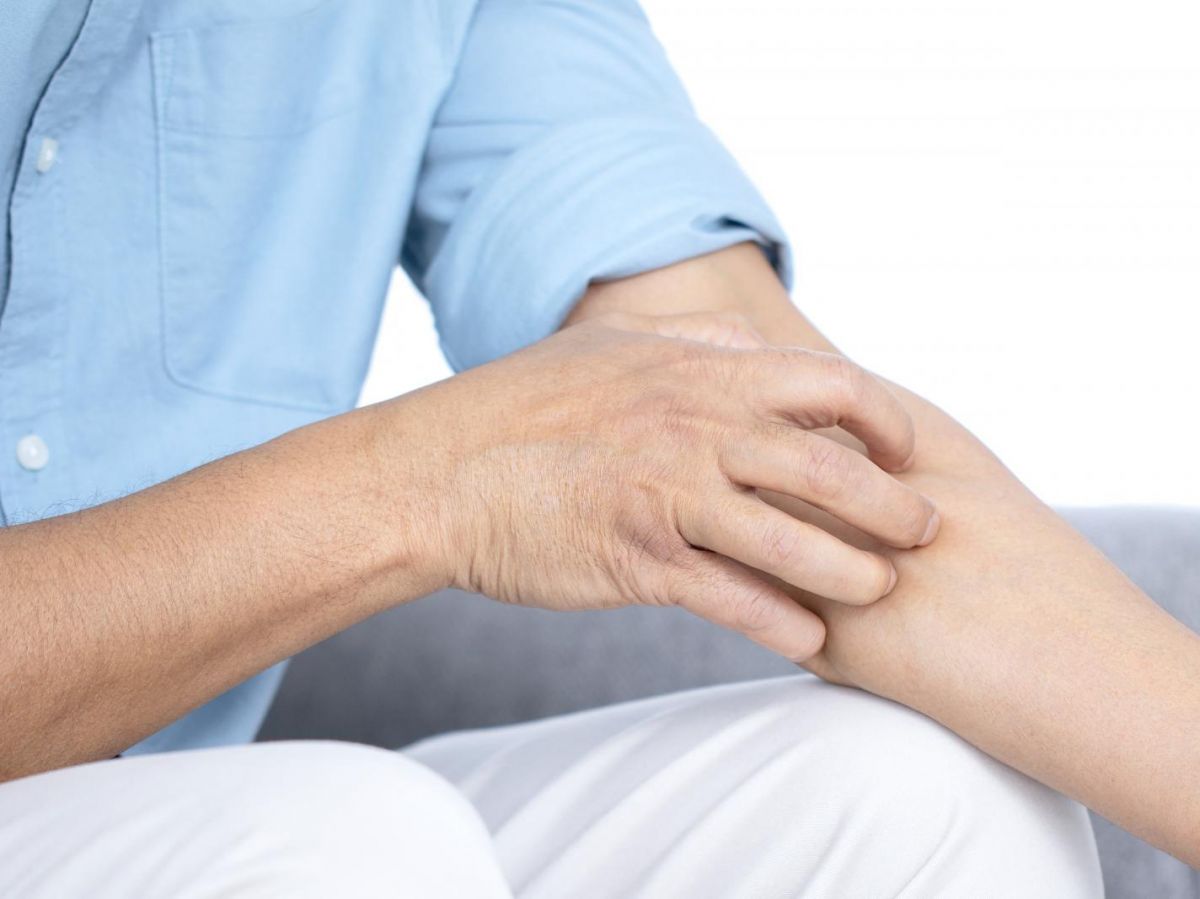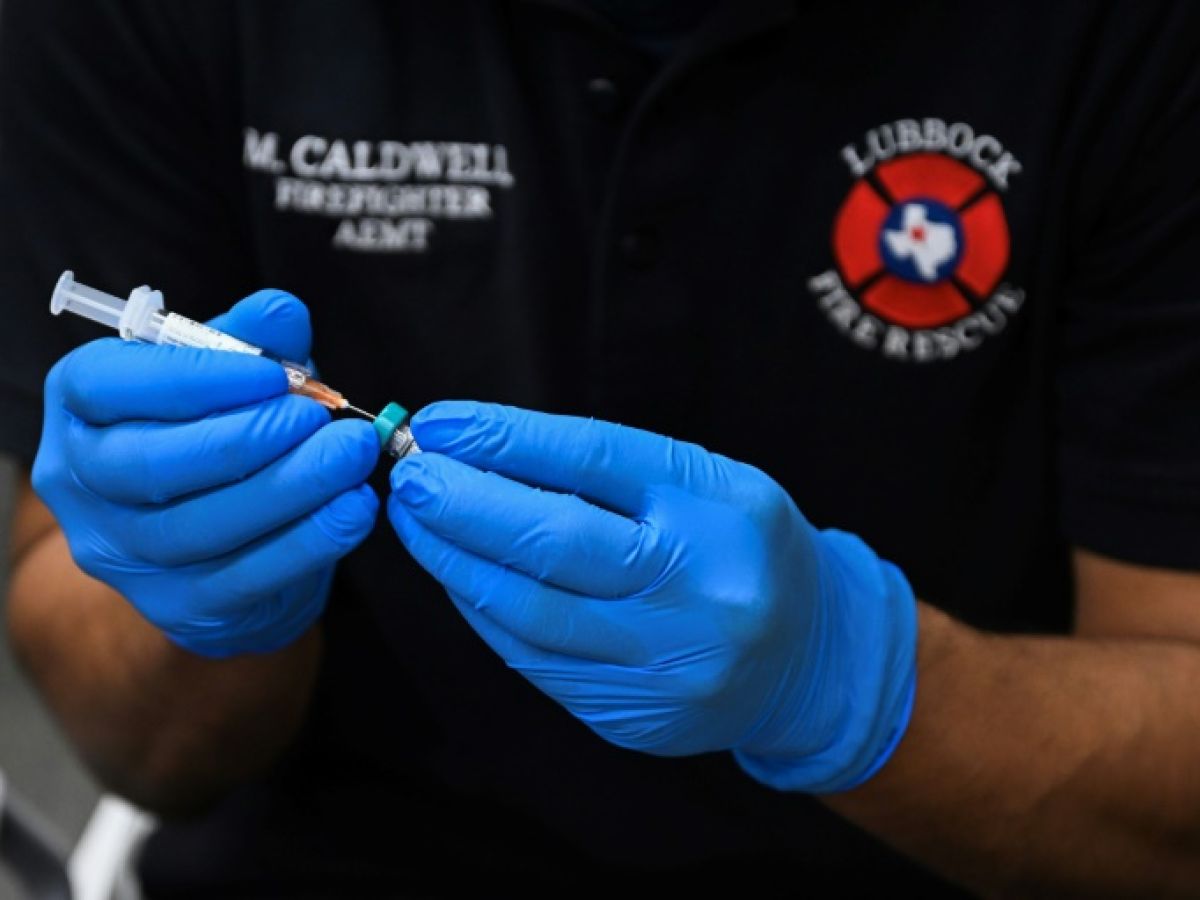Treating eczema requires attacking the bacteria that cause it, not the bacteria that cause it, but rather the mechanism by which they adhere. This is what emerges from the study published in the journal Science Advances by an international team of researchers from Belgium, the United Kingdom, the United States and France.
Staphylococcus aureusStaphylococcus aureus, more commonly known as golden staph, is a bacterium found in about 1/5 of adults. Most of the time, it is harmless. However, in certain circumstances, it can be pathogenic or even responsible for fatal infections.
In cases of eczema, the bacteria is known to aggravate symptoms. Skin irritated by itching and scratching becomes vulnerable and porous to the intrusion of the pathogen into the epidermis, triggering an infection that is difficult to contain.
When methicillin-resistant Staphylococcus aureus attacks
In the most severe cases, staphylococcus spreads under the epidermis and gradually colonizes it. Antibiotic treatments no longer work, the strains have mutated to become resistant, becoming MRSA (Staphylococcus aureus methicillin-resistant) potentially fatal, including in healthy people.
Methicillin-resistant Staphylococcus aureus seen by scanning electron micrograph. Credits: CDC/JANICE CARR / BSIP / BSIP via AFP
For years, a question has haunted specialists: by what mechanism could the bacteria adhere so tenaciously to human skin and why did antibiotic treatments sometimes end up failing?
Finally, the answer to this enigma has just been revealed by this study. And, it has not only provided researchers with the identity of the adhesive mechanism but also allowed them to break a record: that of the most robust interaction ever measured, stronger than superglue.
Read alsoWhy You Shouldn't Scratch Yourself
A grapple of a force never before measured
At the center of the discovery is a bacterial protein, SdrD, which the pathogen uses like a grappling hook to attach to a human protein, desmoglein-1. The researchers used a battery of techniques—atomic force microscopy and computer simulations, among others—to measure the power of this molecular grapple and to detach it. Our data demonstrate that the force required to unfold an SdrD protein is extremely high, representing the strongest protein folding ever measured,” write the scientists.
The latter have put their finger on one of the Achilles heels of this adhesion, namely the involvement of calcium. Our laboratory experiments demonstrate that a loss of calcium significantly weakens the mechanical stability of the SdrD/desmoglein-1 complex. Conversely, adding more not only restores the strength of the bond but increases it even more!”
Changing your strategy for treating eczema
This is completely consistent with previous observations that showed that an increase in calcium intake was associated with a prevalence of eczema or that skin bathed in water that was too hard had a greater risk of developing this type of dermatitis.
From this fundamental result, a new medical strategy can then be established. No longer trying to kill bacteria at all costs, because this amplifies the problem and encourages the emergence of antibiotic-resistant strains.
Read alsoA vaccine against Staphylococcus aureus, a considerable step forward against antibiotic resistance
But rather, block or at least reduce the attachment of SrdD proteins to the skin. This way, the immune system can easily get rid of invading microorganisms before the infection spreads and the vicious cycle – scratching, weakening of the skin and entry of bacteria, increased itching, scratching, etc. – begins.
By focusing research efforts and therapeutic approaches on the adhesion of bacterial proteins and no longer on the destruction of bacteria, researchers are convinced that dermatitis such as eczema or infections caused by Staphylococcus aureus could be treated more effectively and radically.



